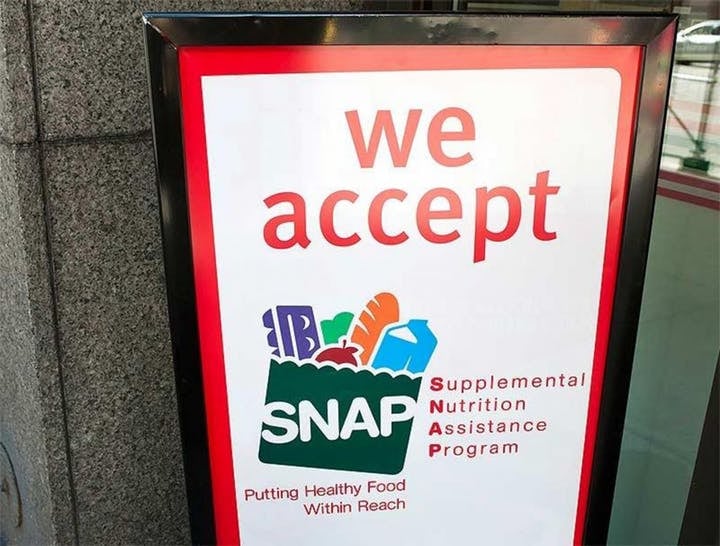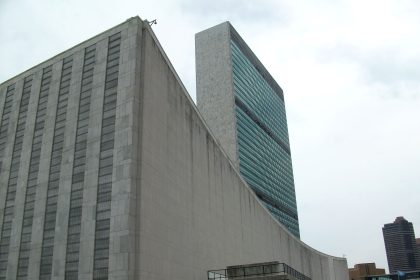States Sue Federal Government Over Impending Food Stamp Losses

WASHINGTON — Fourteen states have joined a lawsuit that seeks to block the Trump administration from reducing food benefits for about 700,000 people nationwide.
The cuts represent a rule change the U.S. Department of Agriculture finalized shortly before Christmas for its Supplemental Nutrition Assistance Program (SNAP), also known as food stamps.
The food stamp program requires able-bodied recipients between 18 years old and 49 years old to work at least 20 hours per week to continue receiving the benefit. States have the discretion to waive the work requirement.
The new rule eliminates most state discretion, meaning able-bodied adults without dependents can receive SNAP benefits for no more than three months during
a three-year period. They can continue receiving the benefits only if they’re working or enrolled in an education or training program for at least 80 hours a month.
States often waived the requirement by arguing the job market was not strong enough to ensure work was available for all SNAP recipients who applied.
The same sentiment was echoed in the lawsuit 14 states, the District of Columbia and New York City filed last week in U.S. District Court for the District of Columbia.
“States are in the best position to evaluate local economic circumstances and to determine where there are insufficient job opportunities such that work requirements would be ineffective,” the lawsuit says. Eliminating state discretion will halt “essential food assistance for benefits recipients who live in areas with insufficient jobs.”
The proposed rule restricting state discretion is expected to save taxpayers $5.5 billion over five years, according to the Trump administration.
About 36.4 million individuals and 18.5 million households receive food stamps, according to the U.S. Department of Agriculture.
The federal food stamps reforms are derived partly from similar state measures, which started as the recession that began in 2008 eased.
By 2013, when the states started putting restrictions on food stamps, the number of recipients had reached all-time highs.
The Trump administration plans additional restrictions on subsidized nutrition programs.
If all the restrictions take effect, as many as three million people could lose at least some of their food benefits, according to advocates for low-income persons.
Among leaders of opposition to the rule changes are officials from the state and city of New York. About 50,000 food stamp recipients in New York City stand to lose their benefits.
“The federal government’s latest assault on vulnerable individuals is cruel to its core,” New York Attorney General Letitia James said in a statement. “Denying access to vital SNAP benefits would only push hundreds of thousands of already vulnerable Americans into greater economic uncertainty.”
Food stamp losses also would put heavier costs on states to care for homeless persons, according to New York state estimates. In addition, health care costs would rise for food stamp recipients who lose basic nutrition.
New York City officials estimate the rule change would cost their economy more than $100 million.
In Washington, D.C., which joined the lawsuit, about 13,000 residents would lose food stamps.
“A Republican-led Congress rejected these changes on a bipartisan basis in 2018, recognizing they do not encourage work, they just punish vulnerable people struggling to find jobs,” said Wasington, D.C. Attorney General Karl Racine.
The lawsuit says the rule undermines the intent of Congress in approving the SNAP program. It seeks an injunction to block enforcement of the rule.

























